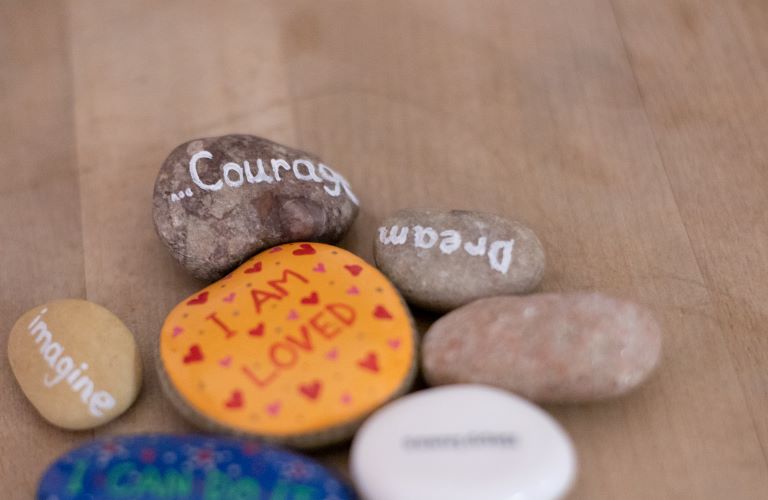Depression
12/01/2024

Depression is a serious mental health problem, which consists of mainly low moods or losing interest and enjoyment in things. It can also cause a range of other changes to how you feel or behave.
We all have times when our mood is low, and we feel sad or fed up. Often these feelings happen for a reason and pass on their own. But it might be depression if the feelings become so bad that they interfere with our daily life. Or if they last for several weeks or months. If you particularly suffer during the winter moods you could be experiencing Seasonal Affective Disorder (SAD).
Symptoms
It is common when experiening depression to feel some or all of the following: down, upset or tearful; restless, agitated or irritable; guilty, worthless and down on yourself; empty and numb; isolated and unable to relate to other people; finding no pleasure in life or things you usually enjoy; angry or frustrated over minor things; a sense of unreality; no self-confidence or self-esteem; hopeless and despairing; feeling tired all the time.
It is also common to feel anxious when you are depressed. Find out more and read some tips on how to manage anxiety.
Managing and Treating Depression
Self care
- Talk to someone you trust
- Try peer support
- Try mindfulness
- Spend time in nature
- Try the Five Ways to Wellbeing
- Try to improve your sleep
- Evaluate your diet to see if it affecting you
- Keep a mood diary
- Write a journal
- Make a mental health first aid kit
- Volunteering
Visit our self-care hub for more information to support your wellbeing.
Treatments
- Talking therapies
- Medication
- Arts and creative therapies
- Complementary and alternative therapies
- Mindfulness
- Ecotherapy
- Peer support
If you are worried about someone else you can find out more about the signs of poor health and how to talk to someone who is struggling on our self-care hub.
